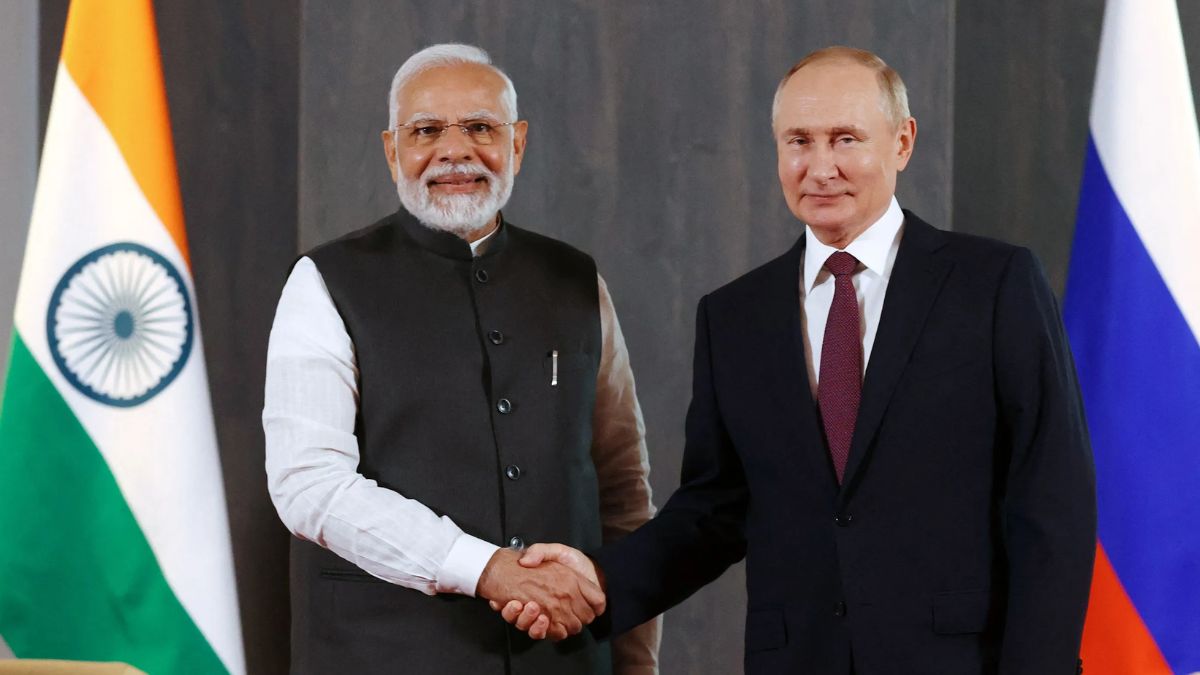Zomato’s recently launched Food Rescue initiative, designed to combat food wastage and promote sustainability, has sparked significant debate within the restaurant industry. Initially rolled out as a mandatory program in September 2024, the initiative met with considerable resistance from restaurateurs, leading Zomato to revise its approach and reintroduce it as a voluntary scheme in November. While the program aims to reduce the impact of cancelled orders by offering them to nearby customers at a discounted price, many restaurant owners remain cautious. Concerns over food quality, brand image, and logistical challenges have led to a divided response, with some seeing potential benefits and others expressing reluctance to participate. As the program unfolds, its success will hinge on how effectively Zomato can address these challenges while achieving its sustainability goals.
The initiative allows customers located along the route of a cancelled order to purchase the food at a discounted price, with the order still in its original packaging. Zomato’s CEO, Deepinder Goyal, explained on Twitter that the company experiences over 400,000 cancelled orders each month. These cancellations, he claims, contribute to significant food wastage. By redistributing cancelled orders, the initiative aims to mitigate waste while offering consumers affordable meals.
However, restaurateurs remain cautious about participating in the program. Joy Singh, Co-Partner of Yeti – The Himalayan Kitchen, expressed support for the initiative’s goal of reducing food wastage, noting, “This move is good to take care of the wastage, which is a big concern these days…Will be good for the restaurant as well and will help the brand to gain new customers.” Yet, others are worried about the potential risks to food quality and brand reputation.
Ritika Sharma, Director of Litchi Bistro in Delhi, praised the initiative for its alignment with global sustainability trends but emphasized the need for transparency. “It would have a lasting impact on communities and the environment if implemented with transparency and clear streamlined operations,” she said, adding that the initiative could enhance a restaurant’s brand image by demonstrating social responsibility.
Despite the goodwill behind the program, restaurateurs are still concerned about the logistical challenges and impact on customer satisfaction. “Ultimately, I’m selling my brand, and not a ‘Zomato’ product,” said a restaurant owner in Noida, highlighting the difficulty of maintaining food quality when orders are rerouted to other customers.
Zomato has made adjustments to the program to address these concerns. The company announced that it would no longer charge restaurants a “relisting enablement fee” for cancelled orders, and all payments from rescued orders will be split between the original customer and the restaurant, with Zomato taking no proceeds beyond taxes. Delivery partners will also be compensated for both the original and any redelivery required. Despite these changes, many restaurateurs remain hesitant to sign up.
Debaditya Chaudhury, Managing Director of Chowman and Oudh 1590, offered a balanced view, acknowledging both the benefits and challenges. He noted, “With this new initiative…it will benefit the restaurants with the same refund amount as earlier, added to a part of compensation of the new customer purchasing the order.” He sees potential for the program to attract budget-conscious customers, especially younger ones, while also reducing food wastage.
While ‘Food Rescue’ offers a promising solution to food waste, the mixed reactions from restaurateurs highlight the complexities of implementing such a program without compromising on food safety, brand integrity, and customer satisfaction. The success of the initiative will likely depend on how well these concerns are addressed in the coming months.








